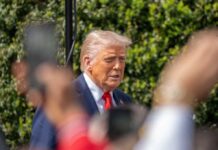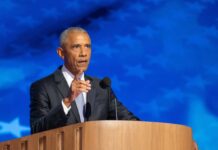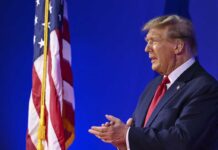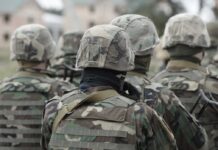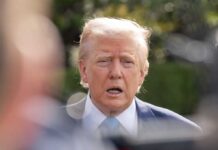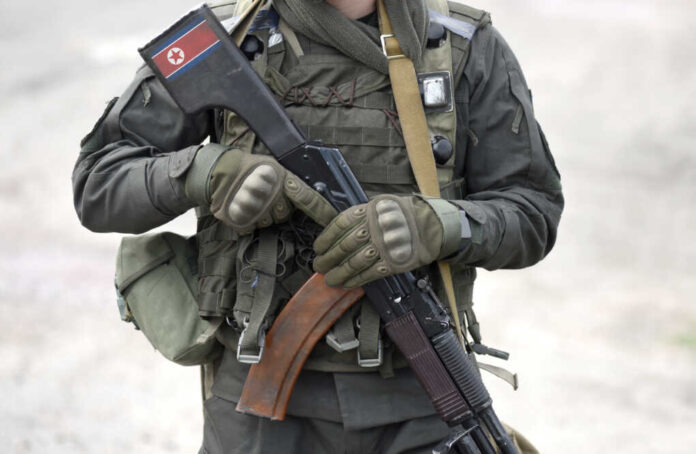
North Korea’s decision to send thousands of military personnel to Russia’s Kursk region signals a deepening alliance—and raises fears over weapons tech flowing back to Pyongyang.
At a Glance
- North Korea will send 1,000 deminers and 5,000 military builders to Russia’s Kursk region
- Move highlights strengthening military ties between North Korea and Russia
- U.S. and South Korea warn of possible tech transfers boosting North Korea’s arsenal
- The two nations signed a military pact in November with a mutual defense clause
A New Phase in Russia–North Korea Cooperation
In an announcement that has stunned Western observers, Russian Security Council Secretary Sergei Shoigu confirmed that North Korea will dispatch 6,000 military personnel—including 1,000 deminers and 5,000 builders—to aid reconstruction in Russia’s war-damaged Kursk region. Shoigu described the move as “fraternal assistance from the Korean people.”
Watch a report: North Korea to Send Troops to Russia.
The workers will help rebuild critical infrastructure after recent Ukrainian incursions. Analysts say this signals both practical cooperation and political messaging, reinforcing Russia and North Korea’s growing strategic partnership.
Deepening Military Alliance
This deployment builds on previous North Korean support for Russia’s war efforts, including arms shipments and possible troop deployments. The two countries signed a military pact in November that included a mutual defense clause—an alarming development for NATO and Asian allies.
“This is a kind of fraternal assistance from the Korean people and leader Kim Jong Un,” Shoigu told UPI. The growing alliance is also seen as a way for North Korea to earn badly needed foreign currency while deepening military coordination with Moscow.
Fears of Tech Transfer Grow
U.S. and South Korean officials have voiced growing concern that these deployments could mask sensitive technology exchanges—providing North Korea with advanced missile or drone capabilities. South Korea’s government warned the move risks violating UN sanctions and boosting Pyongyang’s weapons programs.
The move also raises the prospect of broader alignment between authoritarian states resisting Western sanctions. “Russia and North Korea’s increasingly close military relations could have far-reaching implications for regional and global security,” noted one European analyst in Firstpost.
What Comes Next?
With North Korean troops soon arriving in Kursk, the alliance between Moscow and Pyongyang is entering a more overt, dangerous phase. While Russia gains critical manpower, North Korea stands to benefit from closer access to Russian military know-how.
How Washington, Seoul, and their allies respond remains to be seen. But one thing is clear: this isn’t just reconstruction aid—it’s a warning sign of a new and troubling axis taking shape in the heart of Eurasia.


